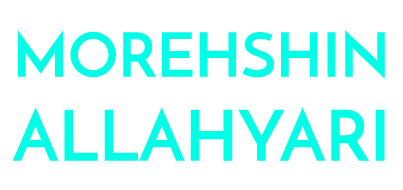Speculations On Capture (2024)
Born and raised in Tehran, Allahyari expands on these partially told tales. She deliberately combines fact and fiction to speculate on the encounters that have been lost, the knowledge that has been diverted and the cultural histories rendered inaccessible. Allahyari aims to disrupt the museum environment, reframing its imperial power dynamic and realigning objects with their own histories, cultures and people. She lifts fragmented stories beyond the confines of the museum, imagining how the past could have been different and the possibilities the future may hold.
Commission supported by the Manitou Fund, Kevin, Rosemary and Hannah Rose McNeely.


































